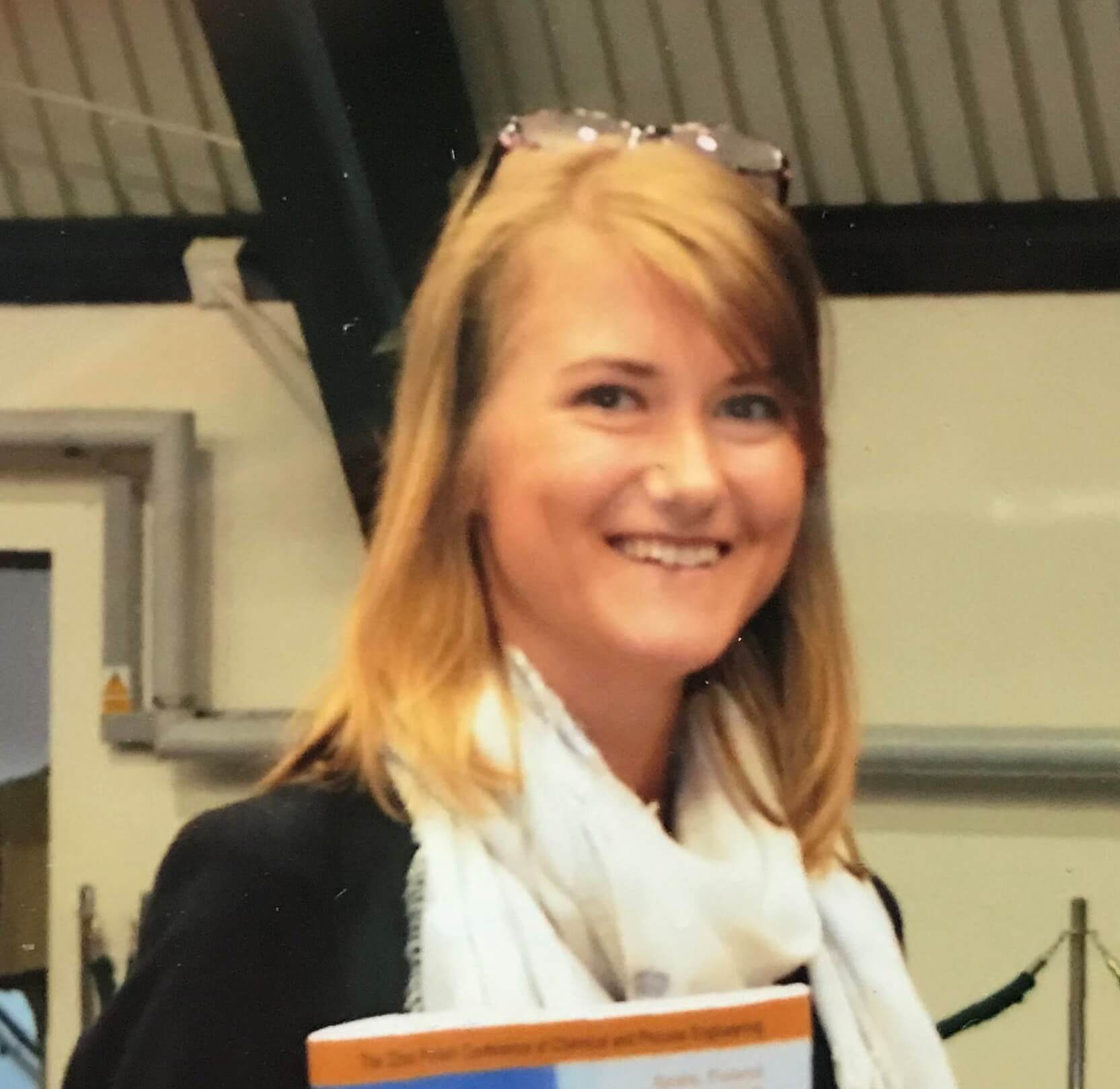Profile

Dr Magda BARECKA
Research Fellow
Dr Magda H. Barecka is a chemical engineer interested in process intensification, retrofitting and design. She received her PhD from TU Dortmund University (Germany) and Lodz University of Technology (Poland) as a joint Diploma. She is an author of a systematic methodology supporting implementation of intensified technologies in the chemical industry, which has been successfully transferred into a process design company Processium, operating in France and Brazil.
Dr Barecka joined CARES as a Research Fellow in 2019 as part of the eCO2EP project. She focused on the application of novel intensified operations in the field of carbon dioxide conversion. During this period, she proposed a novel, economically viable approach for carbon utilization through on-site recycling, published 3 first-author papers, and delivered several invited conference talks. She continued her work on the PIPS: Development of Multi-Step Processes in Pharma once eCO2EP completed. She worked towards the development of first principle models that will be used together with Machine-Learning automatic process optimisation.
Besides the engagement in PIPS, she has been working further on development of novel concepts for isotopes manufacturing, and continuing her core work on the development of CO2-based production methods that are scalable and viable in the current market.
She will be starting her own research group through Northeastern University in Boston where she has joined the Department of Chemical Engineering as an Assistant Professor with a joint appointment in Chemistry and Chemical Biology.
Read: Magda selected for the American Chemical Society CAS Future Leaders Programme
Read: Closing the loop on carbon emissions from chemical plants
Past Members
Past Members
Research Interest
- Development of economically viable processes for CO2 utilization
- CO2R system integration and scale-up
- Techno-economic analysis for CO2R processes
Key Publications
ResearchGate Profile
Hao, Zhimian, Magda H. Barecka, and Alexei A. Lapkin. 2022. ‘Accelerating Net Zero from the Perspective of Optimizing a Carbon Capture and Utilization System’. Energy & Environmental Science,10.1039.D1EE03923G. https://doi.org/10.1039/D1EE03923G.
Barecka, Magda H., Joel W. Ager, and Alexei A. Lapkin. 2021a. ‘Economically Viable CO2 Electroreduction Embedded within Ethylene Oxide Manufacturing’. Energy & Environmental Science 14 (3): 1530–43. https://doi.org/10.1039/D0EE03310C.
Barecka, Magda H., Joel W. Ager, and Alexei A. Lapkin. 2021c. ‘Techno-Economic Assessment of Emerging CO2 Electrolysis Technologies’. STAR Protocols 2 (4): 100889. https://doi.org/10.1016/j.xpro.2021.100889.
Magda Helena Barecka, Mirko Skiborowski, Andrzej Górak. (2017). A novel approach for process retrofitting through process intensification: Ethylene oxide case study,Chemical Engineering Research and Design, Volume 123, 295-316, https://doi.org/10.1016/j.cherd.2017.05.014 .
Barecka, Magda; Skiborowski, Mirko; Górak, Andrzej. (2018). Process Intensification in Practice: Ethylene Glycol Case Study. 10.1007/978-3-319-73978-6_2 .
Martinez-Haya, Rebeca; Barecka, Magda; Miró, Paula; Marin, M.L.; Miranda, Miguel. (2015). Photocatalytic Treatment of Cork Wastewater Pollutants. Degradation of Gallic Acid and Trichloroanisole using Triphenyl(thia)pyrylium salts. Applied Catalysis B: Environmental. 179. 10.1016/j.apcatb.2015.05.039 .
Achievements
Dr Barecka's PhD thesis and the impact of her research on supporting sustainable engineering was recognized in an international award by the Baltic University Programme.
During her time with eCO2EP, she co-filled three patent applications (one of which is currently under conversion to a non-provisional application).
Dr Barecka gave an in-person presentation at the ACS Spring Meeting in San Diego on 21st March 2022. She also visited Lawrence Berkeley National Laboratory and presented an eCO2EP-related publication. She was selected as an ACS 2022 CAS Future Leader which recognises exceptional early stage researchers for their meaningful contributions to science and advancing diversity and inclusion in STEM.
